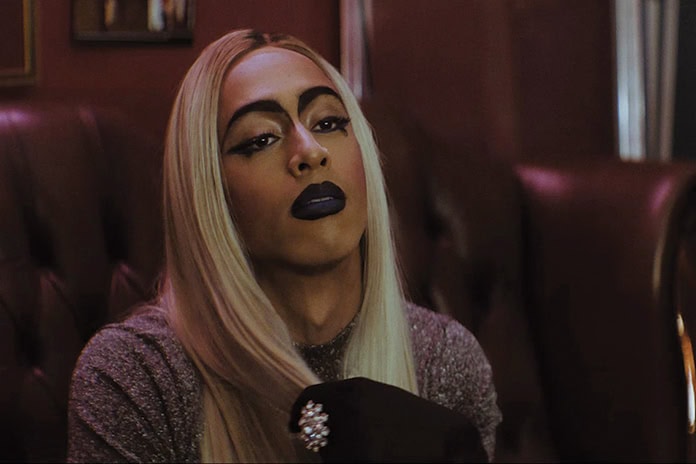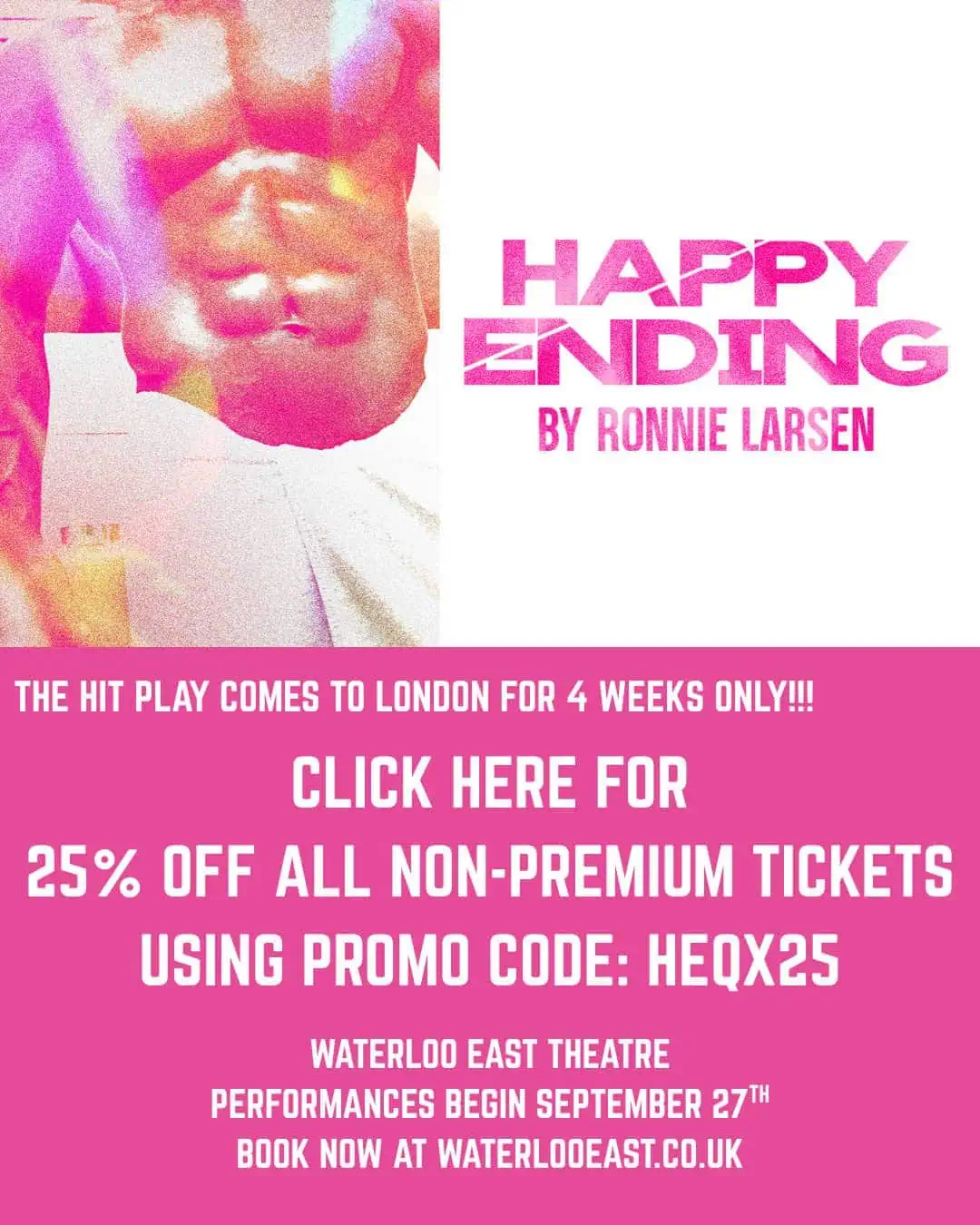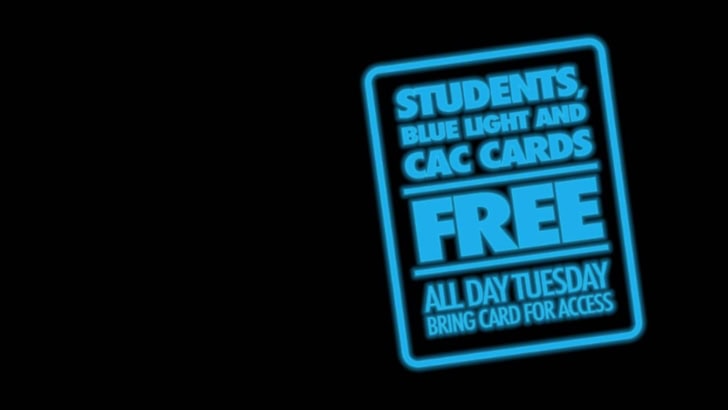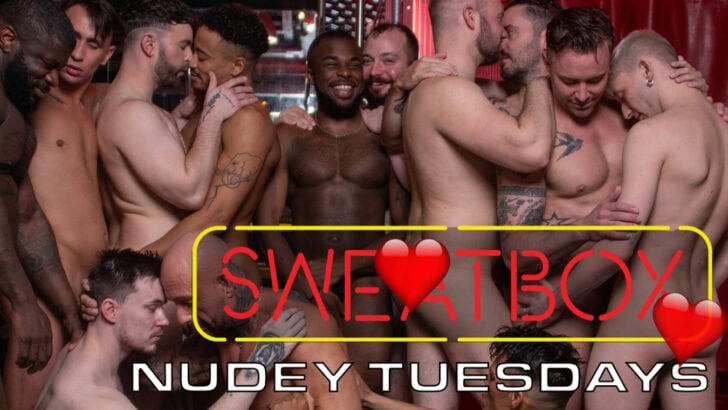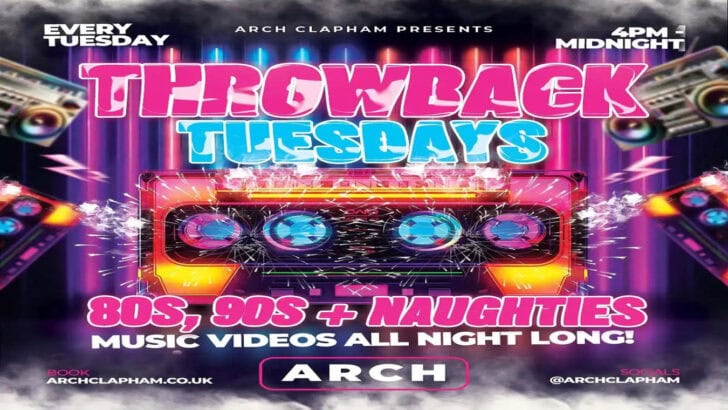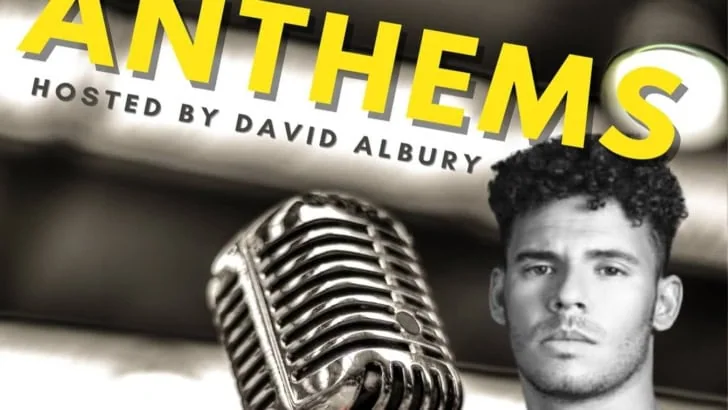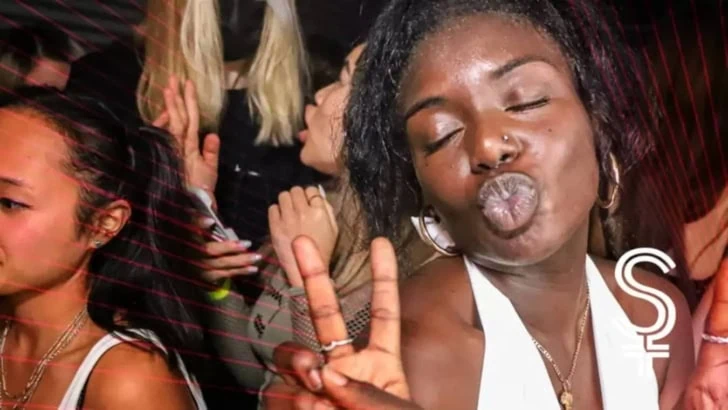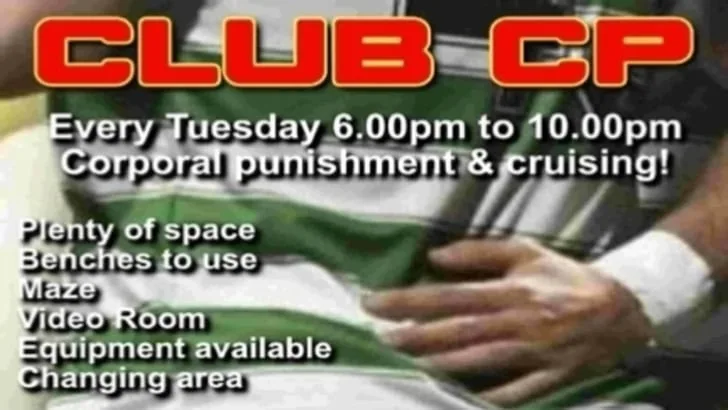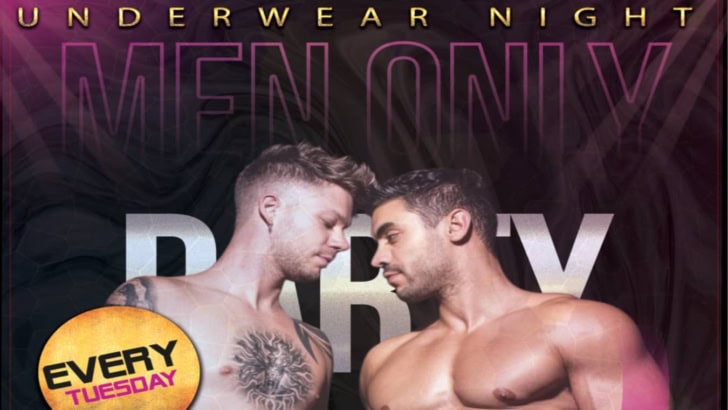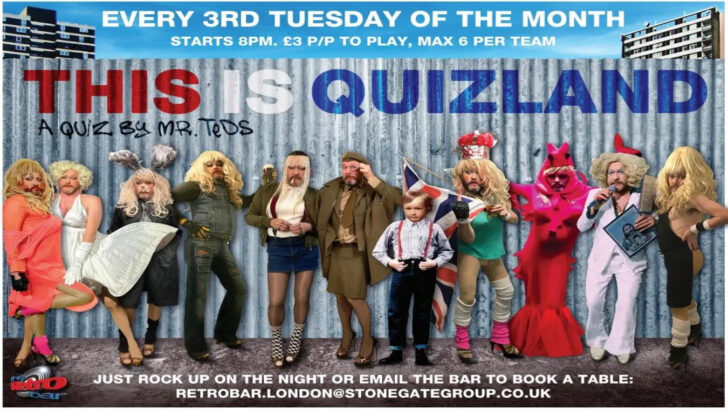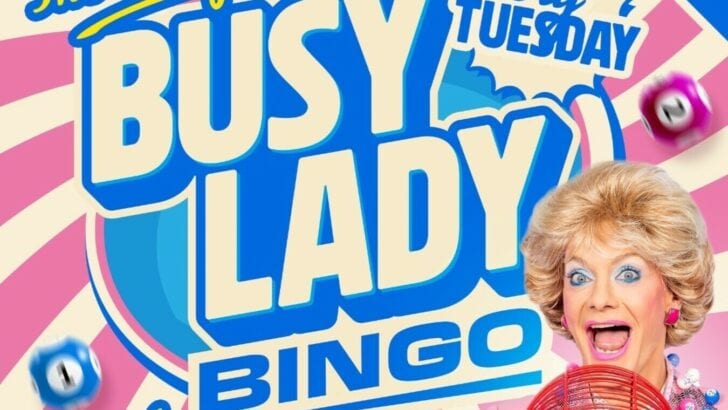The Rizzle Kicks rapper turned actor on his new role as a non-comforming drag queen
We’re arguably living in a ‘Golden Age of Drag’ where the popularity of RuPaul’s Drag Race has catapulted the practice into pop culture and not even Anna Wintour can escape the pull of camping it up. For the past few years, the vocabulary of drag has worked its way into the common vernacular and young teenage girls are flocking in their thousands to see drag performers in action. Here in Britain, drag has been a staple of cabaret and nightlife since the early twentieth century and is steeped in tradition. That tradition is what we’re turning our backs on as we embrace insta-filtered queens that don’t know their Dame Edna from their Lily Savage. It’s this world of old school drag queens that is explored in Tucked, as an old queen with a terminal diagnosis forms a friendship with twenty-one-year-old up-and-comer Faith.
As the gender non-conforming young drag performer Faith, Jordan Stephens is a world away from these days performing as one half of hip hop duo Rizzle Kicks. The machismo culture often surrounding hip hop performers, from boasting sexual conquests to crotch-grabbing, doesn’t seem to have altered Stephens’s world view as he has become a loud voice for men struggling with their mental health and gender politics. We catch up with him to find out why he felt compelled to drag up.
This role feels like quite the departure from what you’ve done before. How did you get involved in the project?
I got drafted in last minute. Not sure why, but I’m so glad I was. Seems as though the universe picked up on the conversations I’d been having with my close friends – about gender and sexual expression – and made it so that Jamie Patterson (director) stumbled across a series that I was in called Glue.
Oh, Glue was amazing. So would you say this was your first time dragging up?
First time properly, yeah. I’d already performed on stage with a band of mine called Wildhood – wearing a dress and I can recall some kind of wig/hula skirt ensemble for a memorable rendition of “I’m going to wash that man right out my hair” during a school production of South Pacific, but that’s about it, as well as four or five years of Brighton Pride. But I don’t think my make up game was on point for that really.
I’m sure you looked STUNNING nonetheless. Am I right in thinking you’re actually from Brighton? Did this film feel like a homecoming?
I lived in Brighton from the age of 10 to 18. I went to secondary school in Brighton, stayed there throughout college and only left when I got a record deal. I’ve got family and close friends there so have been back and forth; but it definitely felt different revisiting old stomping grounds as Faith.

My first ever performance as a budding young artist was actually on that very stage. I remember watching the video back and I was rapping completely off beat. I’ve been to a whole load of shows in beautiful little venues like that. I watched videos of some more specific performances though.
The film has an interesting take on identity. Faith doesn’t conform to any gender expectations, and resists labelling themselves. What’s your take on the gender-quake we’re experiencing right now?
I think even though it’s quite difficult to keep up with if you’re outside of certain circles, it’s anarchic and necessary. I don’t believe in a binary way of relating to the world. The ‘genderquake’ that we’re going through at the moment feels, to me at least, like an attempt to plant navigational flags along a living spectrum.

Yeah, definitely. Acting is ultimately a craft determined by skill but there’s an argument to suggest that the more an actor feels related to a character, the more depth available to play that role. I was aware of the responsibility I had to the queer scene and my queer friends so I hope I’ve done the role justice. All I can say is that I felt this role enabled me to fully express a part of myself that already existed rather than pretend for the sake of performance.
You’re a vocal champion of mental health issues, and have spoken very frankly about your own struggles. Men seem way more hesitant to engage with the issue, why do you think that is?
Because men aren’t encouraged or taught how to be emotionally expressive. Understanding your emotional/mental world is a skill that needs consistent work and routine. Same as going to the gym to look buff and beautiful.

It’s important to respect your elders. I seem to have a knack of finding myself in unexpected social scenarios because I love speaking to new people. New isn’t age specific. I don’t want to name names in case calling them old is rude. Other than that I will say that I miss my Grandmothers.
This film has you touring a bunch of queer film festival. What do you think sets queer film makes apart?
Perspective.
Why did you feel like this was an important story to tell?
Because every good story is about love and grief, and this one places those wheels on an unconventional bike.
Tucked is out now in selected cinemas and on demand.
